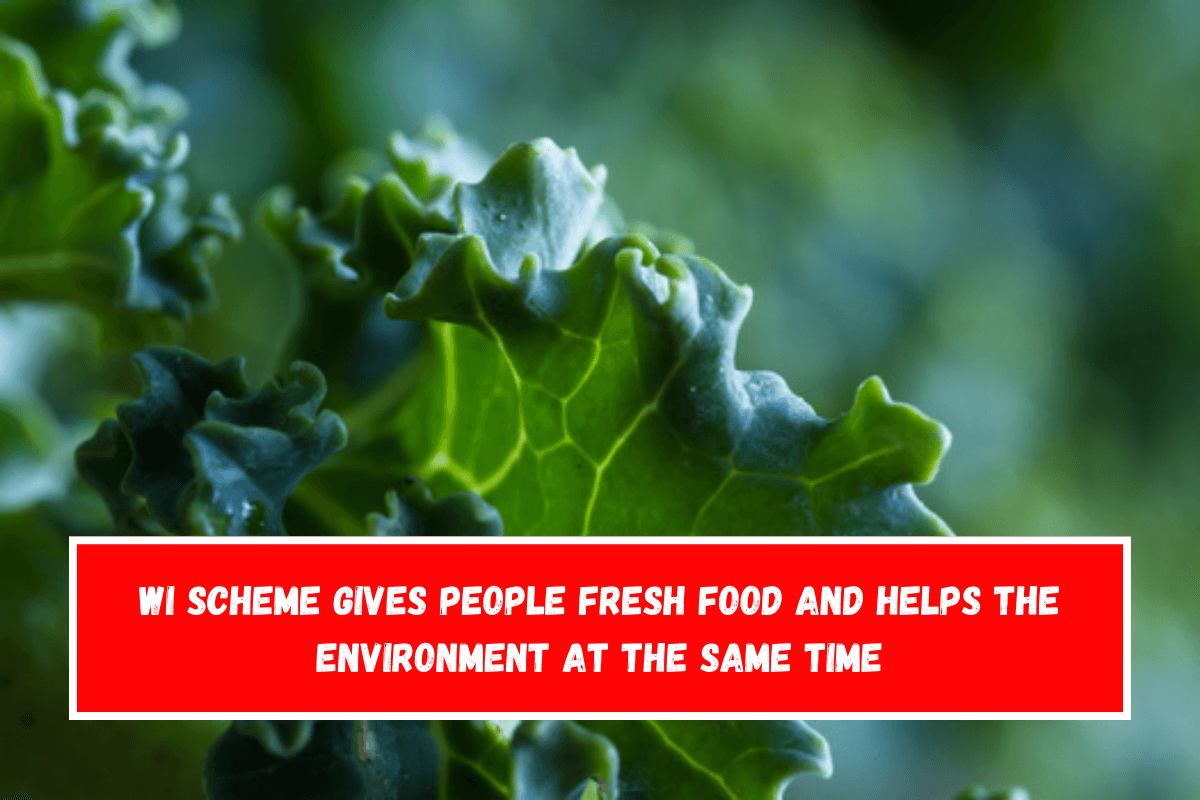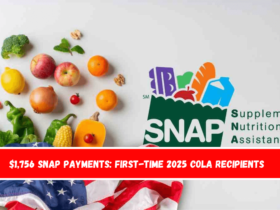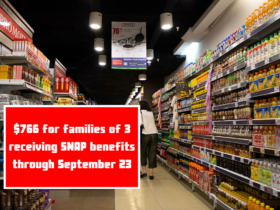People who aren’t getting enough help may have a hard time getting healthy food.
As a go-between, a Wisconsin program that depends on donations from local farmers does its job, and it also has less of an effect on the environment.
The Local Food Purchase Assistance Program in the state is getting close to its second birthday.
Farmers in Wisconsin are given grants to set aside some of their fresh fruit and other items that are picked up and given to places that help people who are hungry.
Forrest Humphrey, the Local Foods Organizer for the Wisconsin Farmers Union, said that one of the benefits is that it helps smaller farms get into new markets.
“This guaranteed income has allowed farms to invest in their operations, and do things that they otherwise wouldn’t be able to do,” Humphrey said, “because we’ve been able to provide some stability through some unpredictable growing seasons.”
It might also help people who are trying to get help from hunger-fighting groups if they don’t have to worry about food shortages.
In the meantime, there is pressure on farmers and the food production system to cut down on their carbon footprint.
Humphrey said that the program lets sites order food in large quantities so that it doesn’t have to travel from other states or regions. This could cut down on the pollution caused by transportation tied to supply chains.
Researchers say there is disagreement about how well locally grown food reduces emissions when looking at how the food is supplied.
Still, Humphrey said that some of the small farms that signed up for the program put environmental friendliness first.
“We have producers, for example, who are providing some really, really high-quality grass-fed beef into the program,” Humphrey said. “And the reason that they’re able to do that is because they have a really sophisticated managed grazing setup on their farms.”
It’s not clear what effect the program has had on the climate, but so far, nearly $3 million worth of food has been brought to 70 counties in Wisconsin as part of the program.
This fall, organizers are holding a number of events to help local partners keep these newer, more efficient supply lines going by giving them technical advice and other useful tools.











Leave a Reply